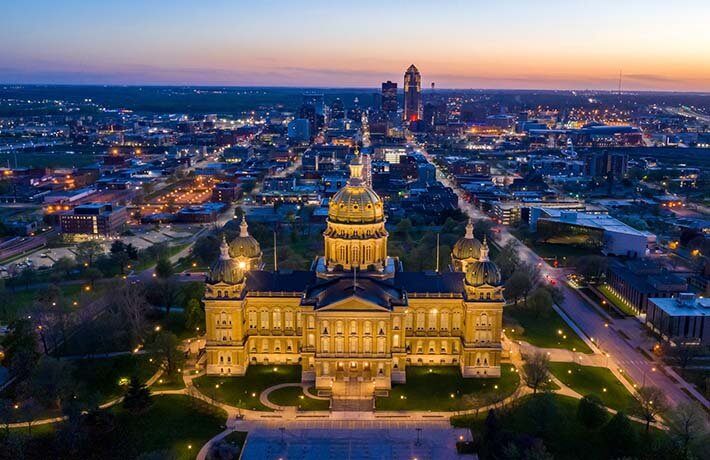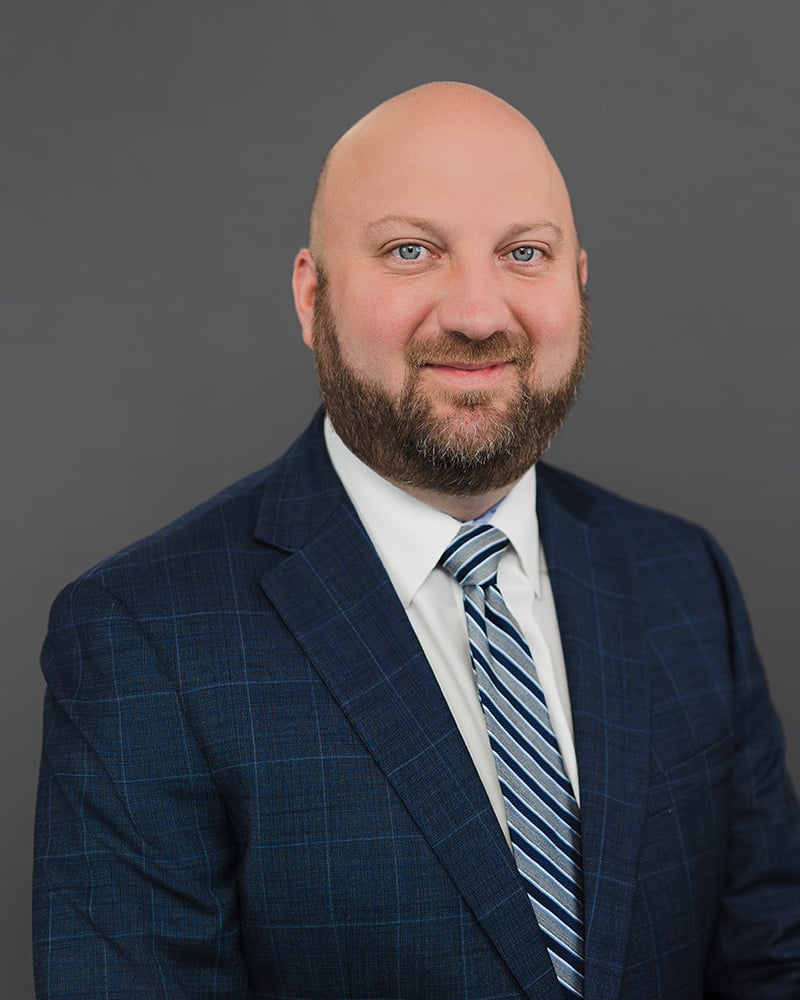2025 Government Relations Legislative Update - Week Four
By: Matthew H. McKinney, R.G. Schwarm & Julie A. Smith

New This Week. Week 3 (last week) ended on a sad note with the sudden passing of Representative Martin Graber (R) on Friday, January 31st. The House didn’t gather in Des Moines on Tuesday of week 4 so that members could attend Representative Graber’s funeral. Graber, from Fort Madison, represented House District 100. He was first elected to serve in the 89th General Assembly in 2021. He was serving his third term, having been reelected in November 2024. He was a financial advisor and a retired Brigadier General in the Iowa National Guard. Graber was regularly involved in finance and insurance issues and received many accolades for his intelligence and care and concern for others. This session he was appointed as Chair of the newly created House Federal Funds and Other Appropriations Subcommittee, which held their second meeting last week as reported in this newsletter for week 3.
Iowa Code section 69.14 requires the Governor to set a special election at the “earliest practical time” with at least 18 days notice of the special election. At this date, the Governor has not yet called for an election to fill Graber’s seat.
Governor’s Policy Bills. During the Governor’s Condition of the State she outlined several policy initiatives that she intended to work on this session. Several of her recommendations have now been filed as Proposed Governor’s Bills. The Governor’s’ bills are filed as study bills and sent to the relevant subject matter Committee in both the House and Senate. These bills must proceed through the same process as all other bills.
This week, the House Commerce Committee filed the Governor’s energy bill, HSB 123. The comprehensive bill addresses a variety of issues including advanced ratemaking principles for energy storage facilities and nuclear power generation, establishing a framework for innovative utility programs, implementing land restoration standards for electric transmission line construction, requiring the filing of a resource plans, and creating a regulatory framework for anaerobic digester systems, including permit requirements and operational standards. The bill includes changes to the Energy Infrastructure Revolving Loan Program and includes right of first refusal for incumbent electric transmission line owners.
A proposal that has received a lot of attention is SSB 1065 and HSB 106, the Governor’s cellphone bill that restricts students’ cellphone use in schools. A senate Subcommittee voted SSB 1065 out of a subcommittee on Wednesday. The bill requires school districts to restrict the use of personal electronic devices during instructional periods and allows schools to go further to prohibit use of cellphones at other school times. The policies would begin during the 2025-2026 school year and requires schools to implement disciplinary actions for violations and provide secure storage areas for the phones. The legislation also requires 6-8 graders to take “effects of social media” training.
House Agriculture and Natural Resources Appropriations Subcommittee heard from Secretary Mike Naig. Secretary Naig provided the Appropriations Committee with several documents for consideration and discussed IDALS programs and requests for FY 2026.
- FY 2026 Budget Summary - Naig explained IDALS was asking for an additional $1.5 million for the animal industry and food safety divisions and the animal welfare program and an additional $650,000 for the Choose Iowa Program.
- 2024 Annual Report - Accelerating Iowa’s Soil Conservation and Water Quality Progress.
- 2 Year Program Summary
- Food Purchasing Pilot Program FY 2024 Report.
- Choose Iowa 2024 Annual Report. Sec. Naig discussed the value of Choose Iowa, a state branding and marketing program designed to promote Iowa grown, raised and made products. The program launched in August 2023 and in the last year has grown by 716%. The Value-Added Grants program provides assistance to farmers, small businesses, and nonprofits to make investments that will help add value, diversity product offerings and connect directly with new customers. Naig said the popularity of this program was evident with 99 applications for 2025 and only $463,000 to distribute. He also discussed the Dairy Innovation Grants and the Food Purchasing Pilot Program.
In the Know
Legislation sometimes passes that requires a state agency to file an annual report providing an update or recommendations related to the subject matter of the legislation. If you are interested in perusing some of these reports, you can find recent filings on the legislative website, under “Reports Required to be Filed with General Assembly” click here. Reports are listed by state department and date of filing. Reports go back to 1995. An example of a recently filed report is found under the Insurance Division and is the annual Consumer Advocacy Officer (Consumer Advocate) report to the General Assembly. At the time the office was established in 2008, Iowa Code §505.8(6)(b) also required an annual report to the General Assembly with specifics actually required in the law which detail the activities and statistics of the Consumer Advocate.
Scene on the Hill

February 4: Media, stakeholders and members of the public gather to provide testimony on a new casino moratorium proposal in a Senate Subcommittee.



